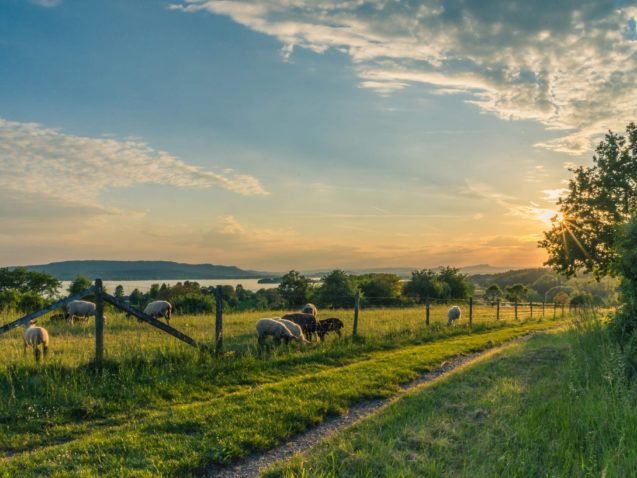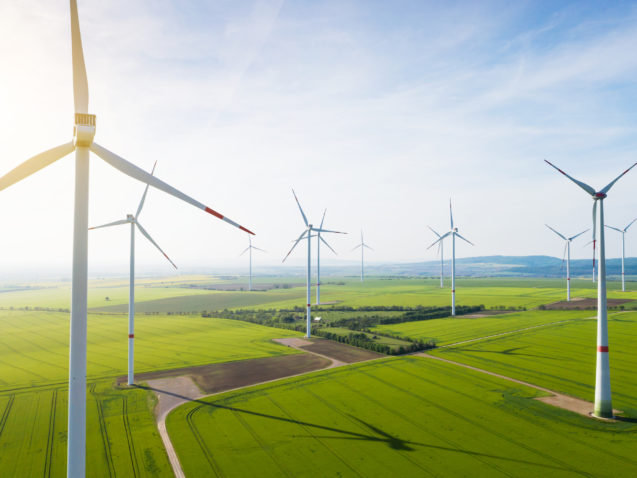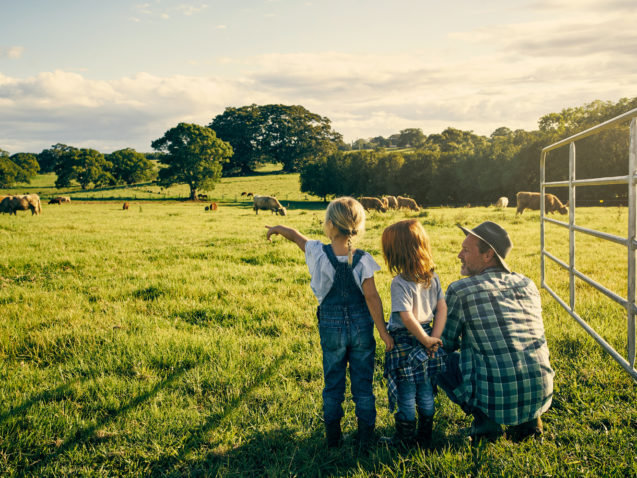Over the next decades, climate change is expected to threaten many regions across the world. Forests play a critical role in mitigating climate change, avoiding erosion, increasing biodiversity and providing livelihoods for millions of farmers, as well as a secure food supply for a growing global population.
Cargill is taking actions to mitigate the impacts of climate change and end deforestation.
Over many decades, Cargill has formed strong and collaborative partnerships with numerous stakeholders alongside its value chain to address the challenge of protecting the environment while feeding the world.
Cargill is working to transform its agricultural supply chain to be free of deforestation and conversion through prioritised policies and time-bound action plans. Looking beyond its own supply chain, Cargill is also taking a leading role in making the entire industry more sustainable. Here’s how:
- Delivering on the commitment through time-bound policies and action plans in cocoa, palm and soy supply chains. See Cargill’s Policy on Forests, Policy on Sustainable Soy – South American Origins, South American Soy Action Plan and Sustainable Palm Oil Policy and Commitments for more details.
- Working in partnership with farmers, suppliers, customers, NGOs and governments to innovate and scale real solutions.
- Established a Land Use and Forest Sustainability Advisory Panel to help accelerate progress across priority supply chains and provide a systematized basis for the input of key global partners and NGOs.
Committed $30 million to source and scale innovative ideas to help end deforestation in South America through the Land Innovation Fund for Sustainable Livelihoods.







